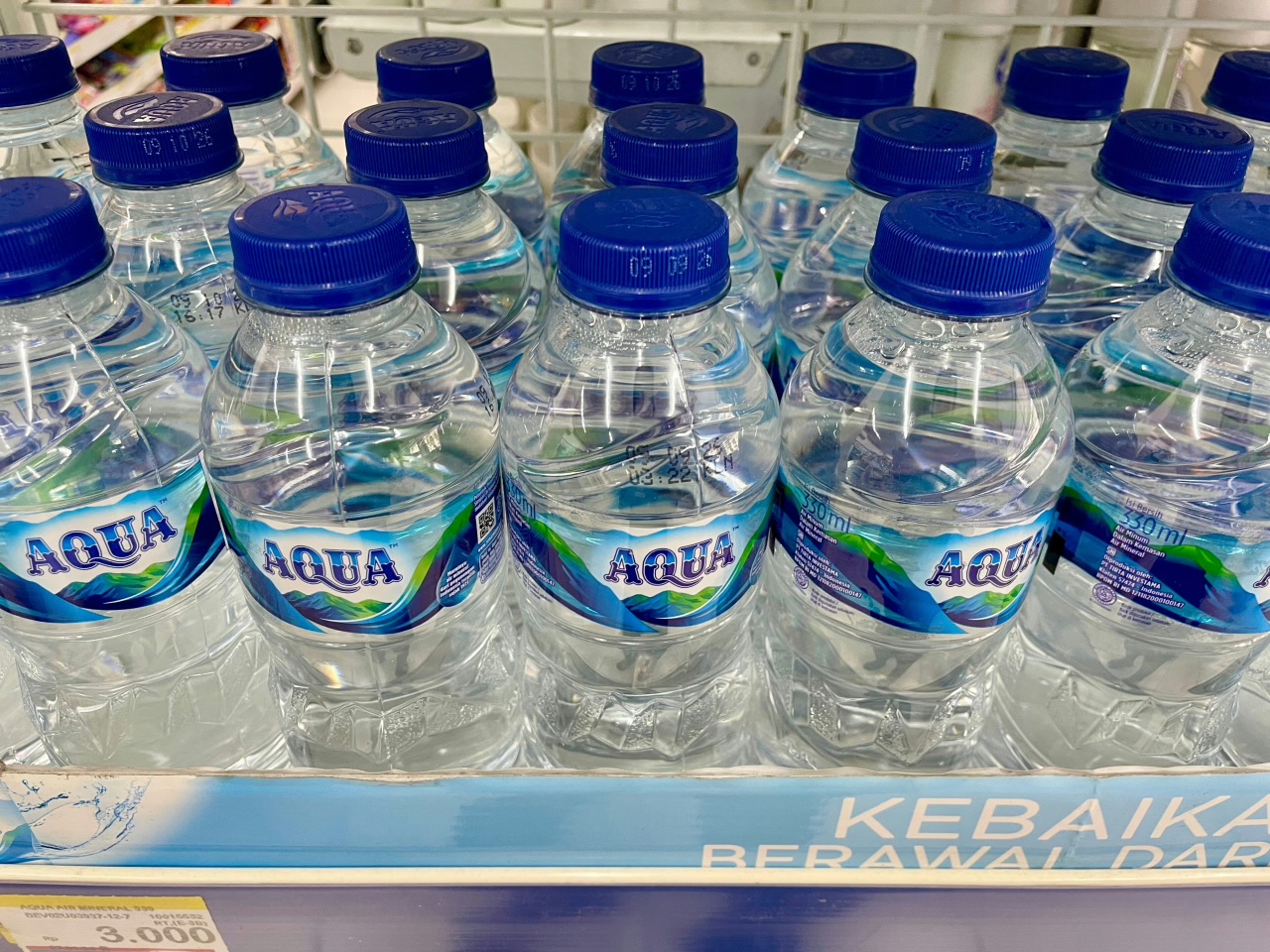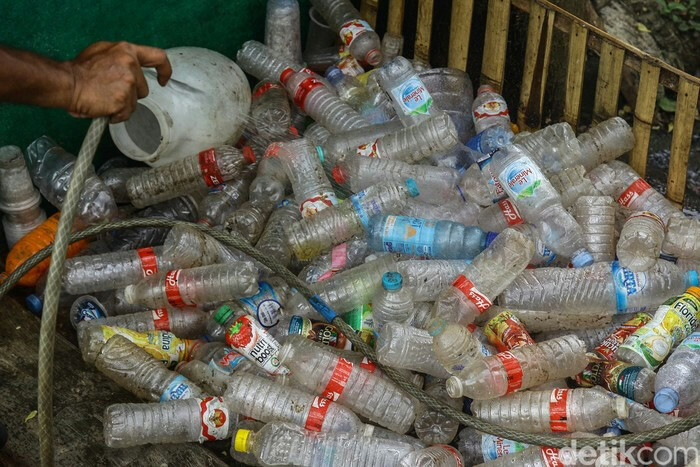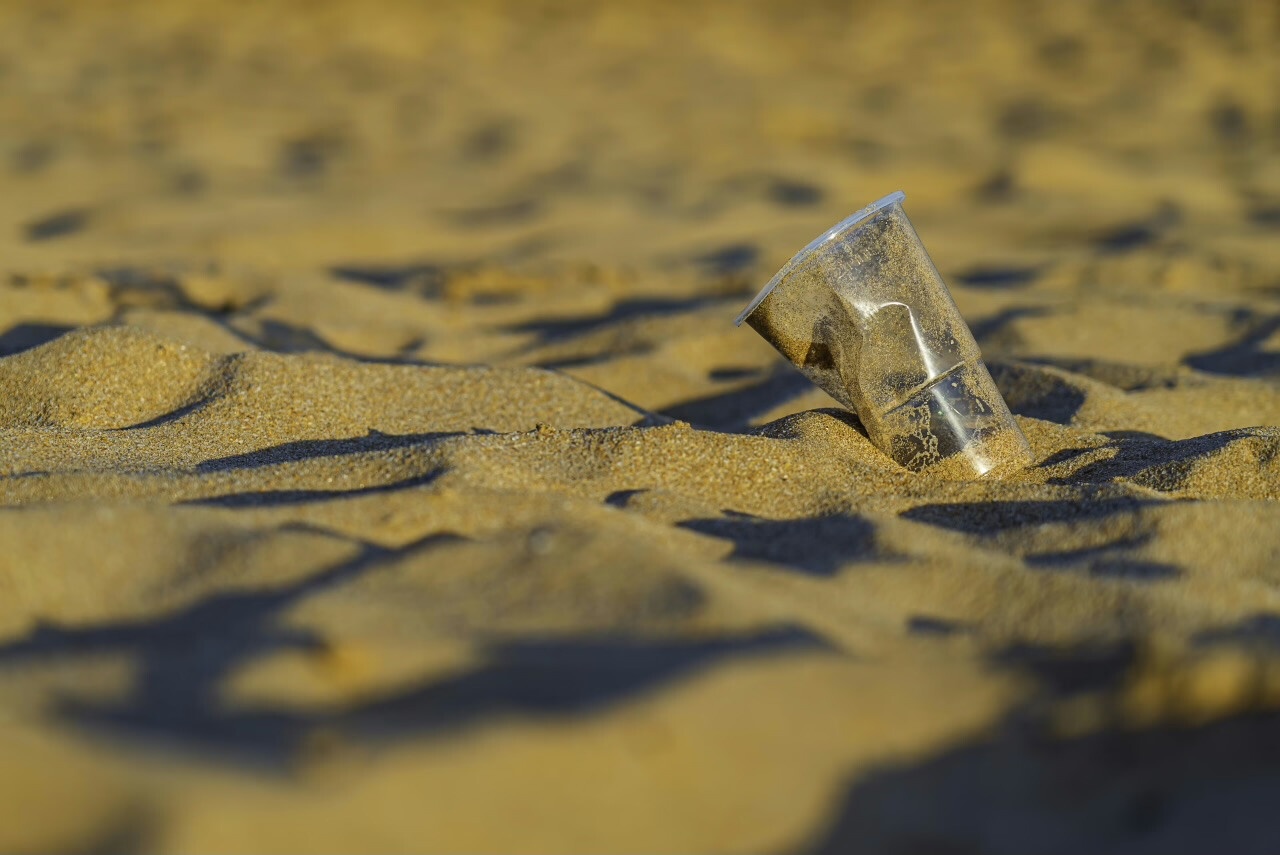The year 2025 should be the last when drinks can be bought in Bali in plastic containers of less than 1 liter. The ban on small bottles and cups will come into effect on January 1, 2026. Governor Wayan Koster has allowed manufacturers to sell off what they have produced until December. From the new year, such products should no longer be on store shelves, in restaurants, or hotels. However, not everyone agrees this is a good idea.

All major bottled water producers have supported the ban, except one. Danone, which produces water under the Aqua brand, has not yet agreed to Wayan Koster's terms. The governor of Bali announced this at a press conference timed to World Environment Day. He reminded that last week he invited 18 bottled water manufacturers (AMDK) to explain the new rule to them. It then became clear that not everyone was ready to reshape their business.
"I am compelled to name specifically - the only one who has not yet supported the ban is Danone, the producer of Aqua," Koster said in his speech at Kuta Beach, "The others have already agreed. We will continue negotiations with Danone."
Indonesia's Minister of Environment, Hanif Faisol Nurofiq, reacted sharply to this news and promised the governor of Bali his support in resolving this issue.
"Today I learned that one of the producers has not yet supported the governor's efforts. I insist that you either comply or deal with me personally," the minister stated.
The reason for banning plastic containers of up to a liter is not a fight against international corporations, but the waste that their products turn into.
According to the independent environmental organization Sungai Watch, water packaging is one of the most common pollutants of the rivers and beaches of the island of the gods. In 2024, activists collected 623,021 pieces of plastic waste on Bali and in Banyuwangi (East Java) alone - from packages to caps. Among them, 36,826 were bottles and cups.
Local authorities want Bali to be the first region in Indonesia free from polluting small-scale plastics and for other regions to follow its example.
"Bali will become a national example. We are showing that we can combine tourism and care for the environment," said Governor Koster.
And in this, he was also supported by Indonesia’s Minister of Environment. Hanif Faisol Nurofiq called on all regional heads in the country to urgently develop local laws banning single-use plastics and to invest in infrastructure: recycling centers, waste processing, and environmental education.
"We continue to import up to 60% of plastic raw materials from abroad. It's time for global companies to take responsibility for plastic pollution in our country," concluded the minister.



You can add one right now!